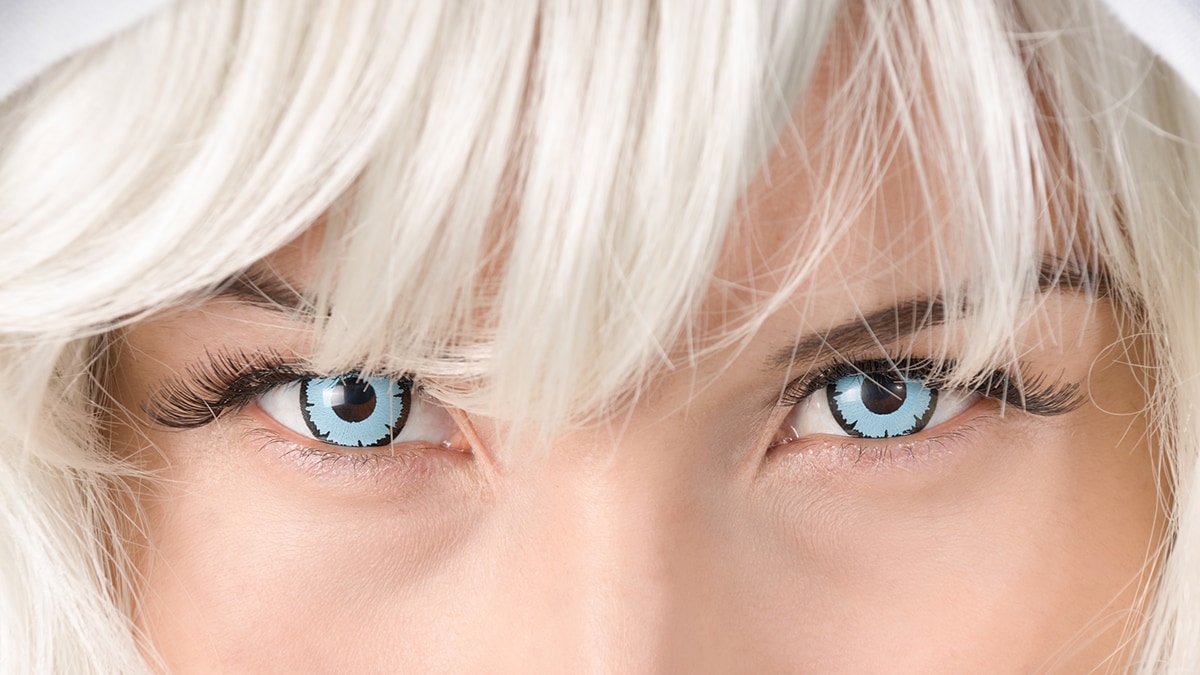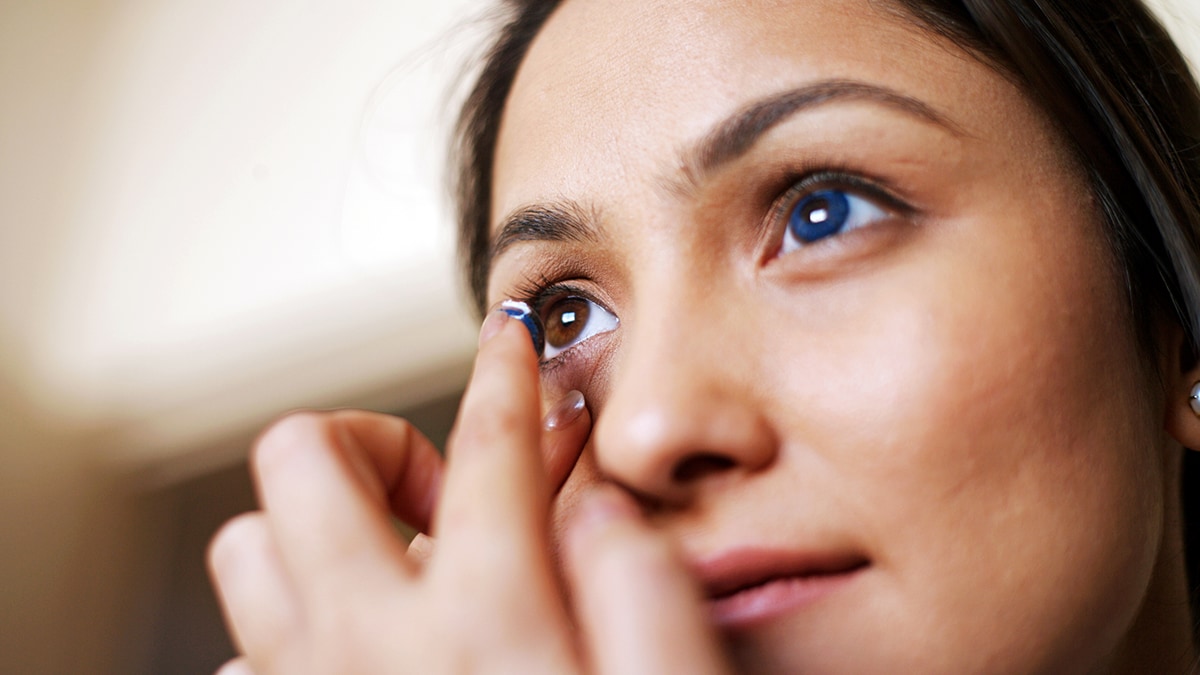At a glance
- Colored or decorative contact lenses are not risk-free.
- All contact lenses, including decorative ones, need a prescription and proper care to reduce the risk of eye infections.

Overview
All contact lenses are regulated medical devices that require a prescription and proper fitting by a doctor. Decorative contact lenses are meant to alter eye color or appearance, though some also correct vision.

Other names for decorative contact lenses include Halloween, cosmetic, theatrical, circle, costume, or colored lenses. Buying these lenses, as well as any type of contact lens, without a prescription poses significant risks to eye health.
Exposure risks
People who wear contact lenses, regardless of type, must follow proper wear and care practices to maintain eye health. Improper care increases the risk of infections and other complications.
Decorative lenses purchased without a prescription may not fit correctly, making the eye more vulnerable to scratches on the outer layer or ulcers on the cornea (the eye's clear covering). These injuries can result in scarring, infection, and blindness.
To ensure safety, avoid purchasing these lenses from unauthorized sources like costume shops or drug stores. Obtain them only from licensed outlets such as eye doctors' offices or reputable online vendors with a valid prescription.
Halloween decorative lenses
Wearing decorative lenses on Halloween without a valid prescription can seriously harm your eyes, with effects lasting beyond the holiday. It's essential to understand and share about the risks, such as eye sores and vision loss, linked to using these lenses without a prescription.

Reducing risk
Improper wear and care of all types of contact lenses, including decorative ones, increases the risk of serious eye complications.
- Purchase contact lenses safely from licensed sources with a valid prescription, such as eye doctors' offices, online, or by mail order.
- Avoid sharing contact lenses with others.
- Never store lenses in water.
- Always clean your lenses with contact lens disinfecting solution, not water or saliva.
- Even if worn infrequently, disinfect and store contact lenses in fresh solution at least every 7 days.
- Replace contact lenses according to your eye doctor's recommendation.
- Replace your contact lens case at least every three months.
- Do not mix fresh solution with old solution; use only fresh disinfecting solution.
